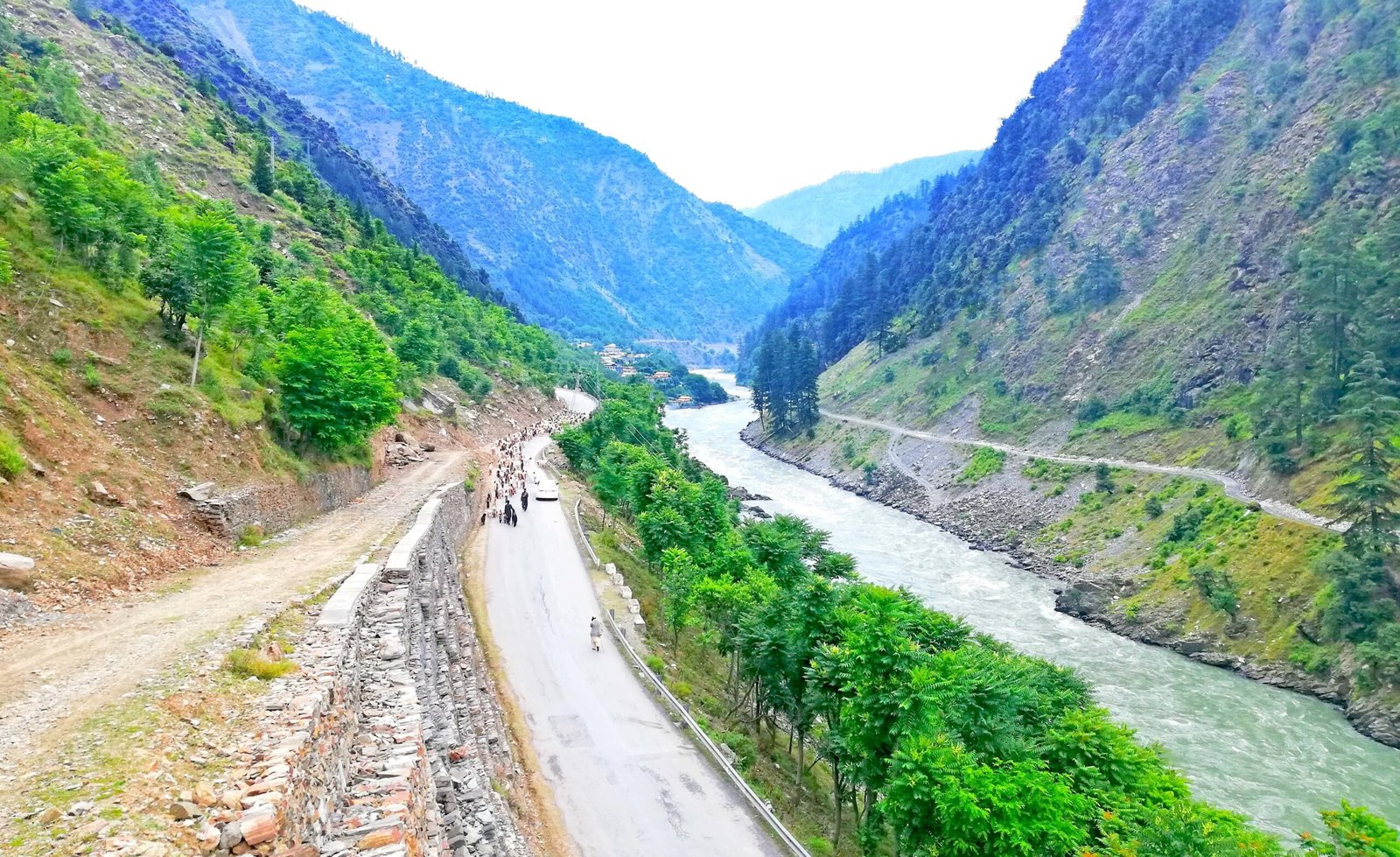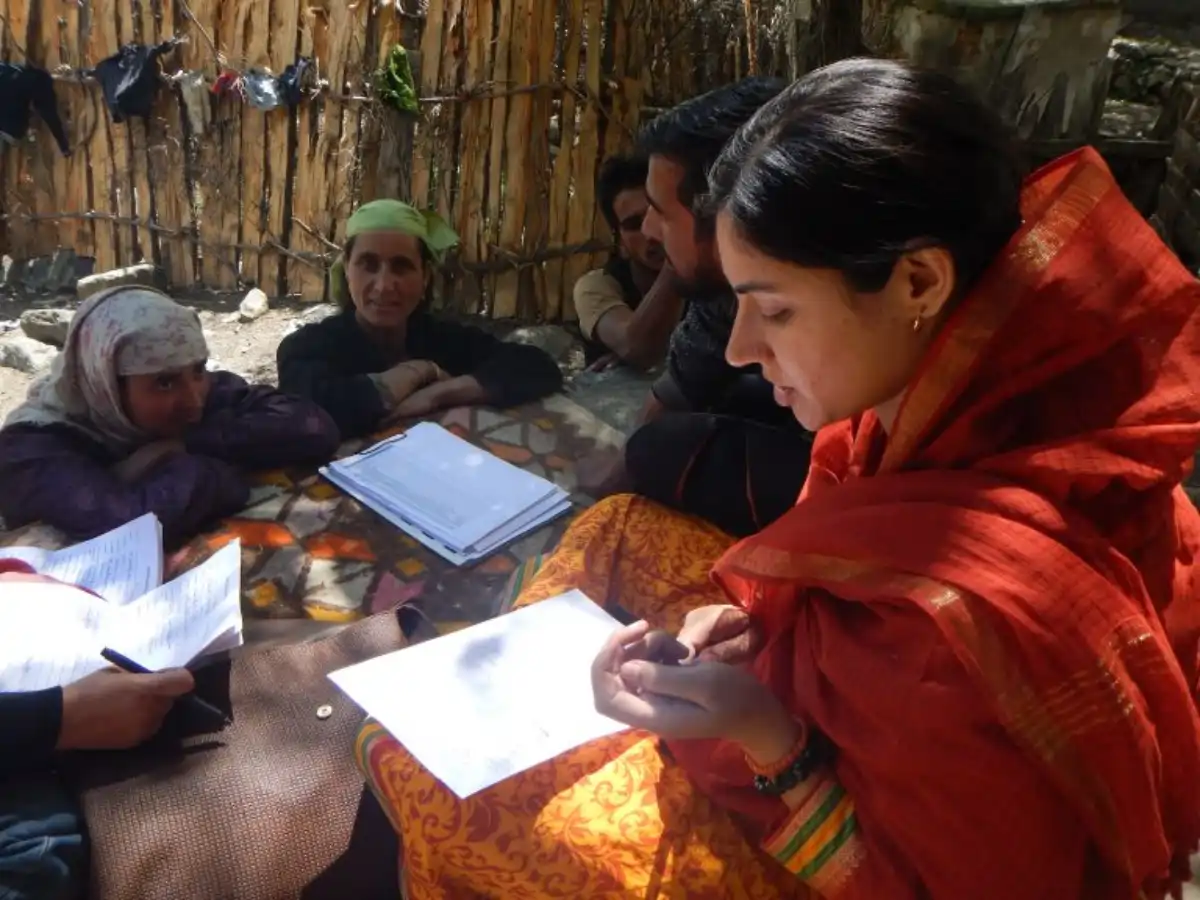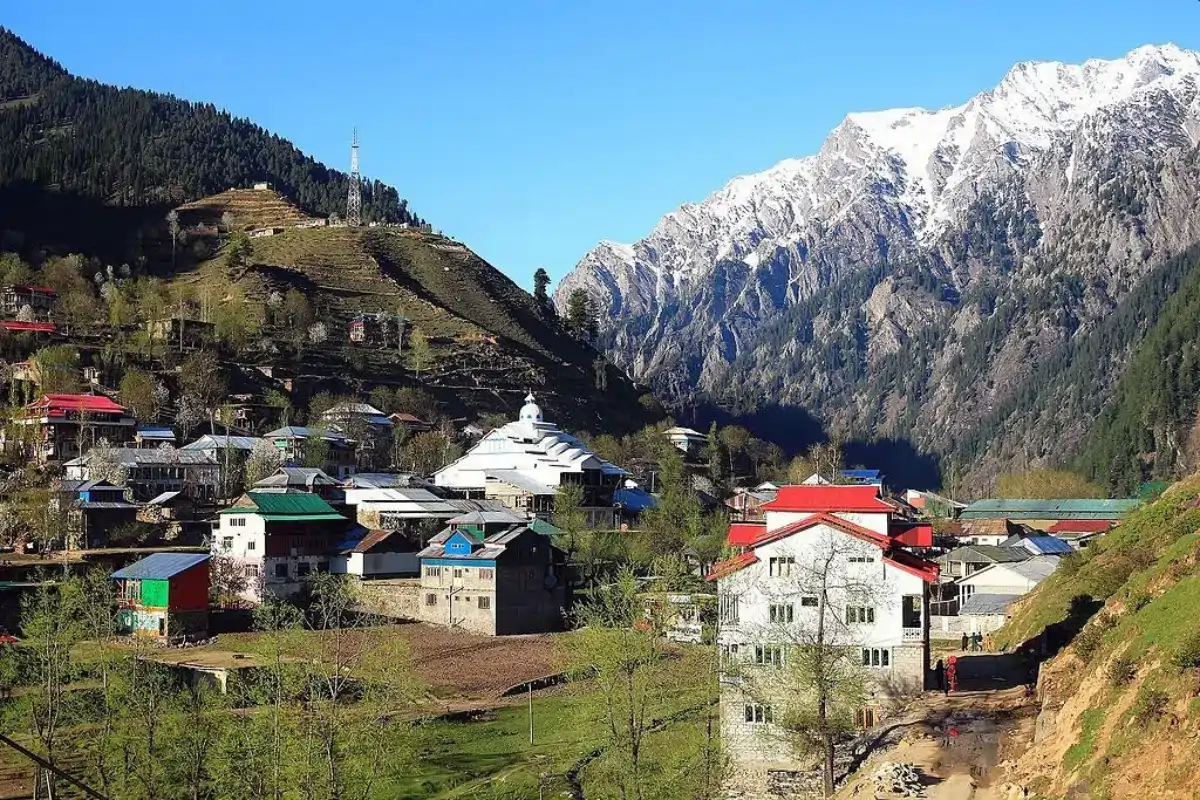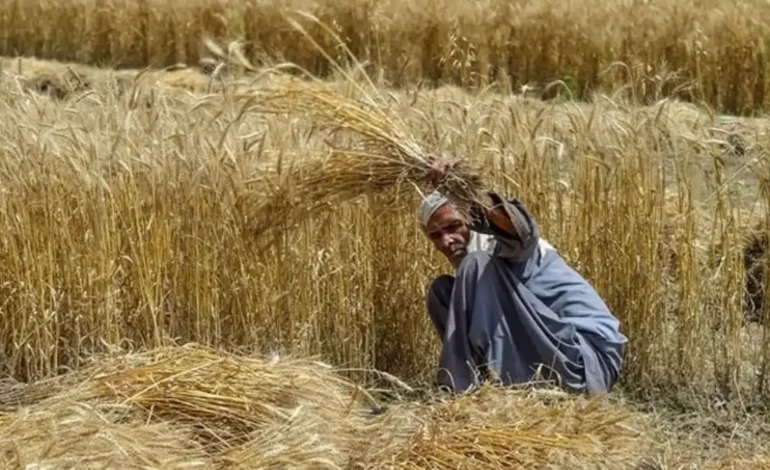
Agriculture in Azad Kashmir: The Heart of Its Rural Economy
Agriculture in Azad Kashmir is much more than just a way of life—it’s the lifeblood of its rural economy. With fertile valleys, lush green hills, and a perfect climate, the
Agriculture in Azad Kashmir is much more than just a way of life—it’s the lifeblood of its rural economy. With fertile valleys, lush green hills, and a perfect climate, the region is home to diverse crops and livestock that sustain local communities and contribute significantly to its economy. However, like many rural areas around the world, agriculture in Azad Kashmir faces several modern challenges. Here’s a closer look at how farming shapes the region, what hurdles farmers face, and how the government is working towards a sustainable agricultural future.
The Agricultural Landscape of Azad Kashmir
Nestled in the heart of the Himalayan foothills, the natural beauty and varied climate of the region deeply influence Azad Kashmir’s agriculture. The fertile land, rolling hills, and temperate climate make it ideal for growing a wide range of crops, fruits, and vegetables, as well as supporting livestock farming. This rich agricultural diversity is a key reason why farming plays such a pivotal role in the local economy.
Key Crops and Livestock
The major crops in Azad Kashmir include wheat, rice, maize, and barley. Wheat is the staple crop, grown by nearly every farmer in the region. Maize and rice are also widely cultivated, especially in the more fertile river valleys.
The region is known for its lush fruit orchards, particularly apples, which thrive in the cooler climate of the higher altitudes. The districts of Muzaffarabad, Rawalakot, and Bagh are famous for their apple production, with the fruit being one of the region’s most significant exports. Other fruits such as cherries, peaches, plums, and apricots also flourish here, making fruit farming an important economic activity.
Beyond crop farming, livestock is a central part of Azad Kashmir’s agriculture. Cattle, goats, and sheep are commonly raised for their milk, meat, and wool. These livestock products are essential to the livelihoods of many rural families and contribute to the local food supply.
The Economic Role of Agriculture in Azad Kashmir:
Agriculture is the backbone of Azad Kashmir’s economy. The sector employs over 60% of the population, particularly in rural areas. From farmers and laborers to those working in related sectors like food processing, transportation, and trade, agriculture directly and indirectly supports the livelihoods of most people in the region.
The region’s agricultural products—especially apples and other fruits—play a key role in both local consumption and exports to neighboring regions of Pakistan. Agriculture also supports the growing tourism industry, as many visitors come to enjoy the region’s breathtaking landscapes, including its scenic fields and orchards. Rural tourism, agro-tourism, and agritourism are emerging as important niches that showcase Azad Kashmir’s farming culture and natural beauty.
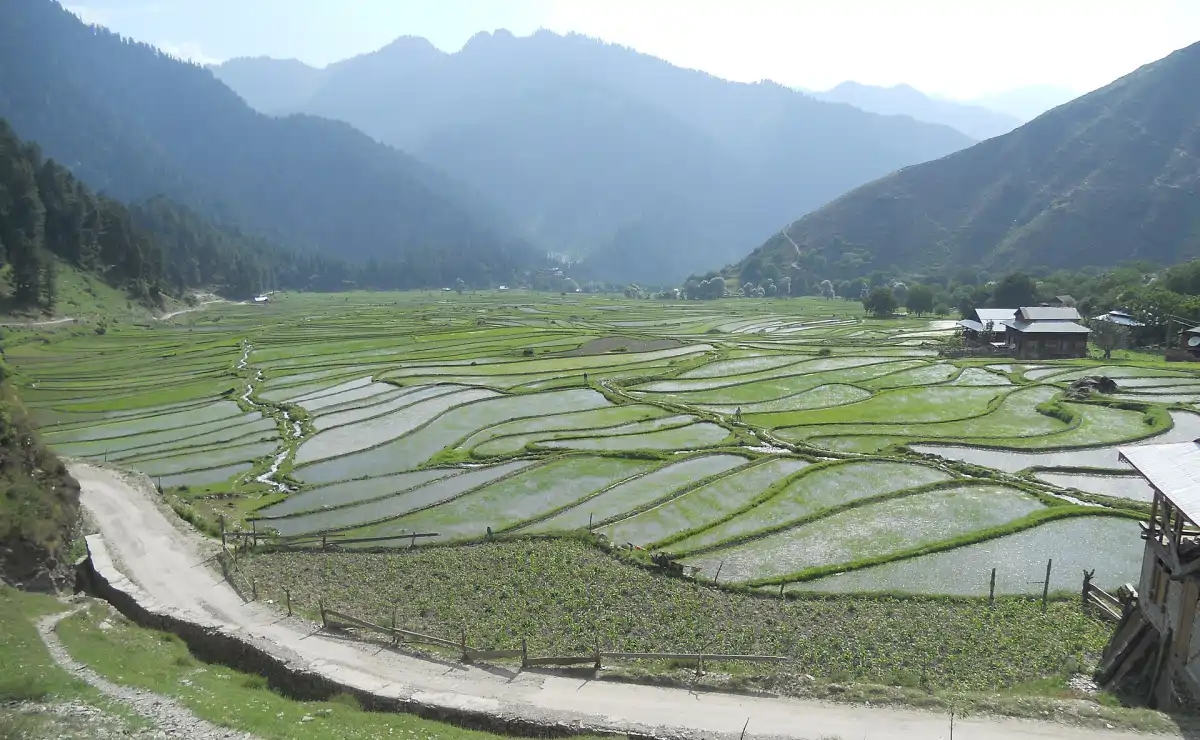
Challenges Facing Agriculture in Azad Kashmir
While agriculture remains a central pillar of Azad Kashmir’s economy, several challenges hinder the sector’s growth and sustainability.
Small Landholdings and Fragmentation
One of the greatest obstacles faced by ranchers is the small size of landholdings. Most families run small farms, often dividing them among various heirs due to traditional inheritance practices. This discontinuity makes it challenging for ranchers to increment creation or put resources into present-day cultivating gear. Therefore, numerous ranchers can’t scale their tasks or access bigger business sectors successfully.
Outdated Farming Methods
Another significant challenge is the reliance on outdated farming techniques. Despite the abundance of fertile land, many farmers still use traditional farming practices that yield lower crop outputs. The lack of access to modern machinery and tools, as well as inadequate training in sustainable farming practices, limits productivity.
Climate Change and Environmental Shifts
Climate change has further complicated farming in Azad Kashmir. Irregular weather patterns, such as unseasonal rainfall, droughts, and unpredictable temperature shifts, have led to reduced crop yields and threaten the livelihoods of local farmers. Extreme weather events, like floods and storms, are becoming more frequent, putting the region’s agriculture in a precarious position. This makes food security and stable incomes uncertain for many.
Government Initiatives for Improving agriculture in Azad Kashmir:
Recognizing the vital role of agriculture in the economy, the government of Azad Kashmir has launched various initiatives to modernize farming practices, increase productivity, and help farmers adapt to climate change.
Promoting High-Yield Crops and Irrigation Systems
Introducing high-yield crop types that are more hardy and productive is one of the main initiatives. To increase water efficiency, especially in drought-prone areas, contemporary irrigation technologies are also being advocated. A dependable water supply for farms is also being ensured by the development of minor dams and water storage systems, particularly in regions where water shortage is a problem.
Training and Support for Farmers
To address outdated farming methods, the government has invested in training programs and extension services for farmers. These programs teach best practices for crop and livestock management, pest control, and the use of modern agricultural tools. Additionally, farmers are encouraged to adopt organic farming techniques, which not only boost yields but also help preserve the environment.
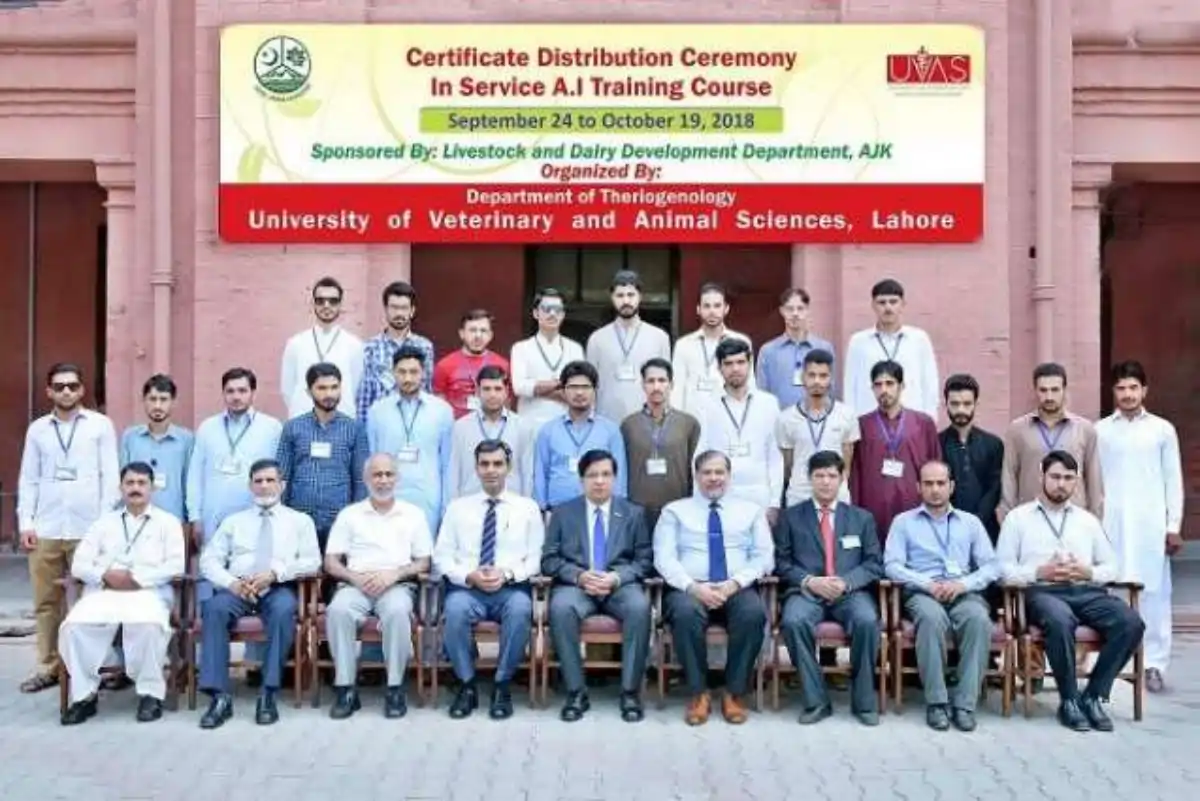
Financial Assistance and Low-Interest Loans
Farmers in Azad Kashmir often struggle with limited access to credit and financial resources, which makes it difficult for them to purchase modern machinery or high-quality seeds. To support farmers, the government is providing low-interest loans, subsidies, and financial incentives. These initiatives help farmers invest in new technologies and improve their production capacity.
Climate-Resilient Agriculture in Azad Kashmir:
In response to the growing threat of climate change, the government has begun promoting climate-resilient farming practices. This includes the introduction of drought-resistant crops, as well as agroforestry methods that combine agriculture with forestry. By planting trees alongside crops, farmers can improve soil fertility, conserve water, and reduce the impact of extreme weather events.
A Brighter Future for Agriculture in Azad Kashmir
The possible destiny of agribusiness in Azad Kashmir holds an assurance. With government support, chipped away at country methodologies, and innovative practices, the district’s farmers might potentially overcome current challenges and build a more grounded and valuable green region. As the public power continues to focus on practicality, present-day developing practices, and climate adaptability, Azad Kashmir’s agribusiness is prepared to thrive and continue to help the nearby economy long into what’s to come.
Cultivating isn’t simply the underpinning of Azad Kashmir’s rural economy but moreover a key piece of its social person. With the right devices and backing, the agrarian region can help with ensuring food security, increase pay open entryways, and backing the eminence of this tough area for individuals later on.
From its thriving apple orchards to its fertile fields of wheat and rice, agriculture in Azad Kashmir is a crucial component of the region’s rural economy. Despite facing challenges like small landholdings, outdated techniques, and the impacts of climate change, the government’s efforts to modernize the sector are creating new opportunities for farmers. As Azad Kashmir embraces more sustainable and innovative agricultural practices, its farming communities are becoming more resilient, paving the way for a brighter future.
Explore Azad Kashmir’s Rich Agricultural Heritage
Do not pass up the opportunity to see Azad Kashmir’s stunning landscapes, orchards, and farmlands, which are essential to the region’s economy and culture, if you are considering a vacation there. Discover the essence of this rural beauty and see directly how agriculture and nature coexist to create this special area. Azad Kashmir offers breathtaking scenery and agricultural charm, whether you’re an agritourism expert or just a nature lover.






